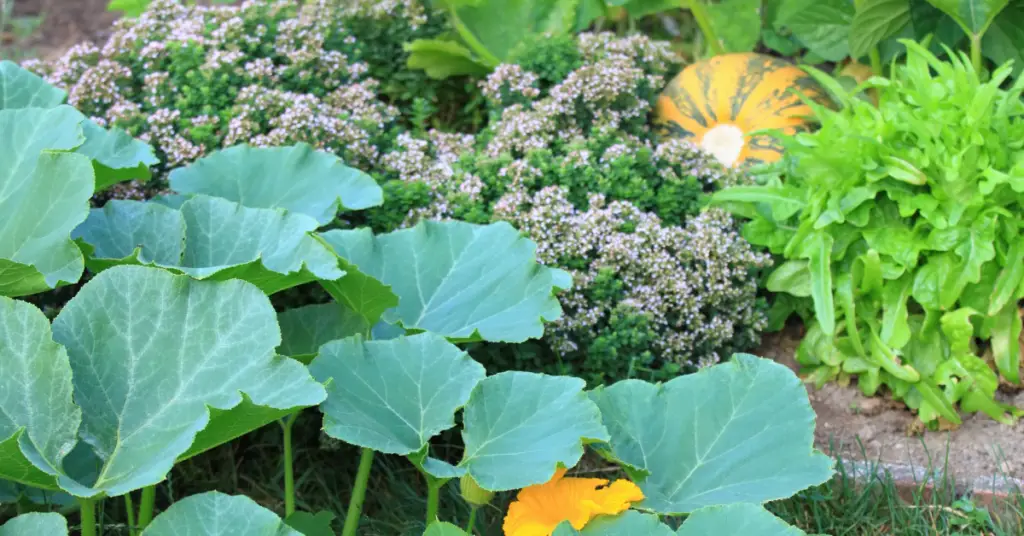How does your garden grow? While we usually think of gardening as a healthy and natural activity, if you use chemical pesticides and fertilizers as part of your gardening protocol, you may actually be doing as much harm as good.
In America, more than 67 million of us spend over $33 billion annually in garden-related expenses.
Unfortunately, too many of those dollars are spent on
petrochemically derived products that are harmful to humans, animals, and our
planet.
Leukemia and childhood brain cancer have been linked with pesticide, insecticide, and weed killer products use, especially those which include
diazinon and carbaryl.
Manufacturing these chemicals also adds to the
greenhouse gases in our environment. The good news is that tending our gardens without these harmful
petrochemicals is easy.
A Google search for “carbon neutral gardening” will
reveal many companies that are dedicated to natural gardening practices and
products.
Clean Air Gardening is one such company that offers online resources and products for green gardening and matches customer donations up to $10 to Trees for the Future during online purchases.
Good tips for organic gardening
Your carbon neutral gardening strategy should include these elements:
Use organic fertilizers. Organic fertilizers include natural materials that have been used for generations to grow healthy plants and vegetables that are good for the body, the soil, the earth, and the air.
Here are a few good options:
Bat Guano, the “ultimate 100 percent natural fertilizer,” contains humus and builds and fertilizes the soil.
Fish Meal Organic Fertilizer is a complete plant food,containing
trace elements. Kelp Meal Fertilizer supplies plant growth hormones, essential minerals, and organic material. Organic Weed and Feed, made from pelletized corn gluten meal, a
byproduct of corn syrup manufacturing, works as a natural herbicide and preemergent weed control and fertilizes the soil.
Compost is a natural fertilizer you can make yourself. You can even add your own lawn and garden trimmings to the compost pile!
Control pests naturally. With all of the options nature has given us to rid our gardens of pests, relying on harmful chemical pesticides to do the job is
unnecessary and irresponsible.
Here are some ideas:
Companion planting involves using certain plants and herbs in combinations to repel pests and keep plants strong. Peppermint repels white cabbage moths, aphids, and flea beetles, and sunflowers help control aphids. Good soil and the right amount of sunlight will make plants more resistant to pests as well.
Natural pesticides include plant extracts, fatty-acid soaps, diatomaceous earth, sticky traps, beneficial insects, and garlic. Some products repel pests rather than kill them, and all of the natural products are easier on the environment than chemical pesticides.
Use a push mower instead of a gas-powered one! Yes this is important. Despite their obvious convenience, gas powered lawn mowers are among the worst offenders in the battle to reduce carbon emissions. In fact, just one hour of mowing generates the equivalent emissions to driving 140 miles in your car.
Push or reel mowers are also quieter and provide exercise, using them will save 80 pounds of carbon dioxide per year.
For those of you with enormous lawns, watch for the development of hybrid and alternative mowers in the near future.
Reduce your lawn. Minimizing the space you devote to grass, which does not grow naturally in many areas, can significantly cut energy costs by reducing the temptation to use a gas-powered mower.
Consider lawn alternatives including low maintenance groundcovers such as dichondra that require little or no mowing.
Plant lots of trees. If each of America’s gardening households planted just
one new tree, those trees would absorb around 2.25 million tons of carbon dioxide per year.
Plant native. As a plant’s native environment naturally offers the conditions it needs to thrive, planting your garden with native plants requires less upkeep and is healthier for the environment than non-native gardens.

Erzsebet Frey (Eli Frey) is an ecologist and online entrepreneur with a Master of Science in Ecology from the University of Belgrade. Originally from Serbia, she has lived in Sri Lanka since 2017. Eli has worked internationally in countries like Oman, Brazil, Germany, and Sri Lanka. In 2018, she expanded into SEO and blogging, completing courses from UC Davis and Edinburgh. Eli has founded multiple websites focused on biology, ecology, environmental science, sustainable and simple living, and outdoor activities. She enjoys creating nature and simple living videos on YouTube and participates in speleology, diving, and hiking.

